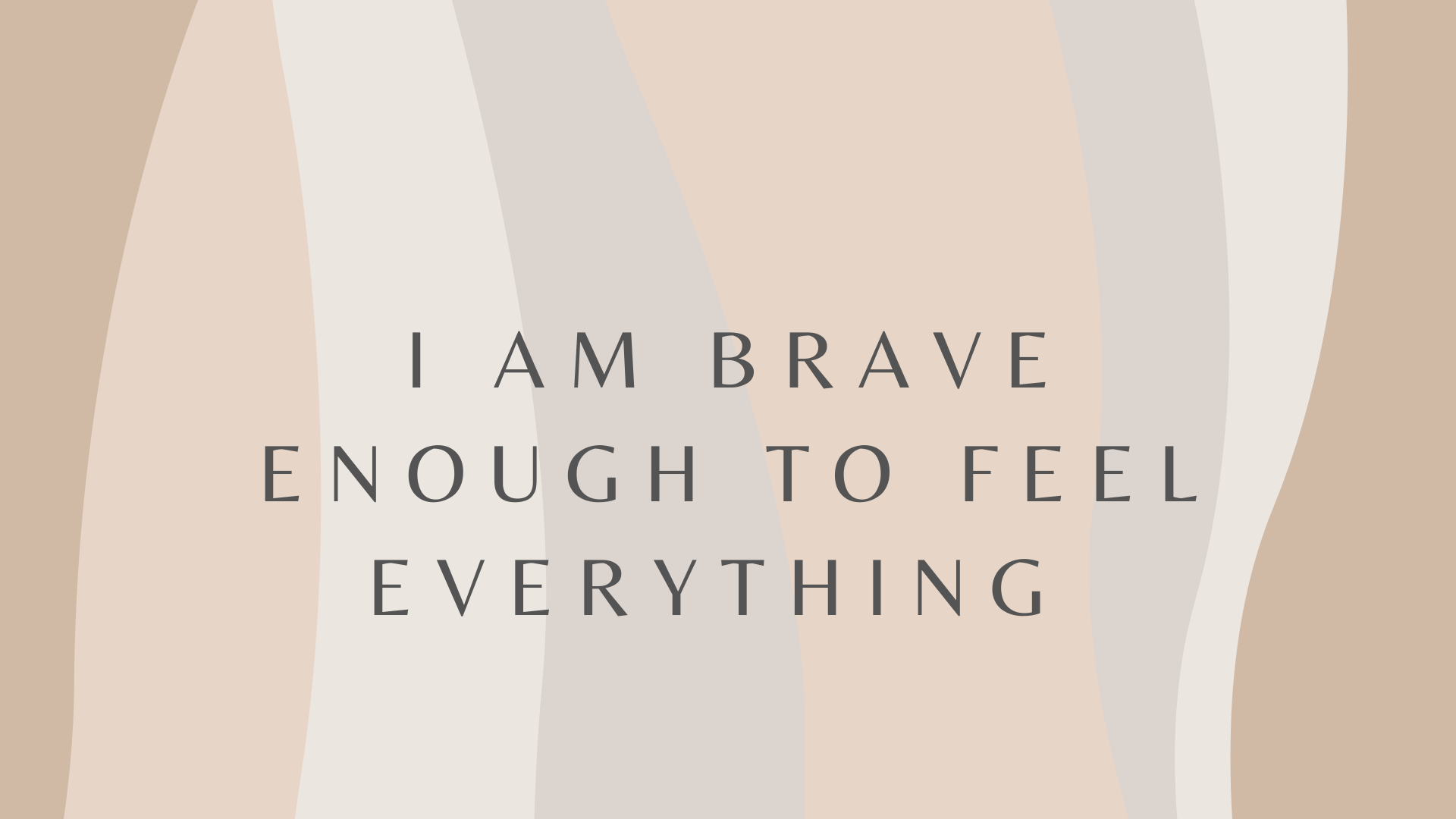I don’t know about you, but the idea of dropping a habit, behavior or addiction lives in my head for ages, often years, before I feel ready to change. Typically, I have an all-or-nothing mentality about these things: A great approach for something like sobriety from alcohol; much less so for something like exercise or diet.
I spent TEN YEARS planning cleanses, diets, work out plans, new hobbies (belly dancing, anyone??) in the name of good health or weight loss when it was really about gaining control over my intense alcohol and carbohydrate cravings.
I felt that something was really wrong with me. My earliest memories include eating all of the treats in the house before eating ANY of the real food and throwing away lots of fresh food. I do not, even today, understand people who can have one drink, one cookie, one ANYTHING. Obviously, I was allowed to do this. At such a young age, I was “taught” this. Basically, eating treats was a coping strategy in my childhood home.
At least now, I can watch myself and discern whether I am making the second batch of brownies this weekend because of uncomfortable feelings, out-of-control hormones or some other aspect of poor self-care. Note to self: more about self-care in future posts.
Below are the stages of change that I learned about in the intensive outpatient program (IOP) I attended seven years ago to get sober from alcohol.
1. PRECONTEMPLATION
The consequences of the behavior have not caught up to us yet and we are not seriously considering any change. If there were attempts at change in the past, we have given up. This is where we are in total denial.
2. CONTEMPLATION

While we continue to engage in the behavior, we recognize that there are good reasons to change. Yet, we hesitate. We are ambivalent. We just can’t imagine what life would look like without x, y or z. We might start to some research on how others have made the change.
3. PREPARATION
We have decided that we need to make a change and consider our options for doing so. We might make minor adjustments in our behavior. For example, we might try drinking only on weekends or having dessert only on special occasions.
This is where we might start to see real signs of ADDICTION in ourselves, because
- we are unable to stick with these minor adjustments.
- the thought of cutting back even a little bit makes us have MORE.
- we are secretive about making these changes and/or secretive about our inability to make these changes.
- we end up back in CONTEMPLATION or PRECONTEMPLATION.
4. ACTION

Once we surrender to the fact the problem won’t go away on its own, we enter a typically all-consuming process of ending the problem. For example, we might reach out for help, avoid triggers, add new healthier activities and behaviors and, generally, doing whatever it takes to avoid temptation.
At this point, a true addict is embarking on DETOX. The multi-stage process of RECOVERY is just beginning. You might be ready for STEP ONE!
5. MAINTENANCE
We maintain the changes made during ACTION. Maintenance will involve challenges and temptations. ACTION will be required during MAINTENANCE. Sometimes this action becomes healthy habit. Sometimes, we need to revisit the all-consuming action that helped us make the change in the first place.
6. RELAPSE (OPTIONAL!!!!)
Many of us return to our previous problem behavior. I swore on an almost daily basis to stop drinking for years. I could not go more than 2 or 3 days without drinking and that was after a lot of preparation and build up. And I did that only a handful of times over 15+ years. As you might imagine, I am very grateful to be coming up on 7 years of sobriety from alcohol.
I have not managed to stay sugar sober for more than 4 months. I have a long list of excuses topped with the truly addictive delusion that I can control my sugar intake.
An emotionally intelligent person would not beat up on themselves. It might be a blip on their radar screen or they might be completely ACCEPTING that at this time in their life, other priorities understandably take precedence.
WHAT STAGE ARE YOU?
It has been very humbling that this deep, rewarding work that graced me with sobriety from alcohol has not easily translated to other areas of my life. Today, I would say I am in between Preparation and Action. I do a lot of writing, service and step work around sugar addiction, but I am still not consistently sugar-free. I get a pack on the back for honesty and a knock on the head for to get me to willingness. LOL.
Let me know how YOU are doing and were you are in the stages of change. I know I can’t do it alone. How about you? TOMORROW, I start my 4-week series on the 12 steps for sugar addiction. It’s not too let to join….


I totally relate to you with the sobriety aspect but cannot even begin to imagine being sugar sober. I’ve tried in the past to give up sugar and was unsuccessful. Can you do a post on what the ketogenic meals look like and why it’s good for you? Thanks for all the insight!
Hi Annie! Thanks for the comment. YES, more coming on the keto way of eating. Giving up sugar is tough, right??
Thank you for sharing, Michelle. I can see myself in all of the those stages of change. After a relapse yesterday, I think I’m back at stage 4, Action today. And maybe I am ready for Step 1 too!
You say, “An emotionally intelligent person would not beat up on themselves.” – I may be wrong, but to me that sentence sounds like you’re being too hard on yourself. From my perspective, you’re doing great! You’re putting in consistent effort – and you’re only human. We all fall short and make mistakes. I’m often really too hard on myself too… self-compassion seems to be the best way forward. And when we can’t manage self-compassion, then we shouldn’t use THAT as a reason to be mean to ourselves!
Thanks again for sharing.
LOL! Thanks for commenting, Rob. I hear that allllll the time. Even when I think I am being gentle on myself, I guess I am STILL hard on myself. Take care!